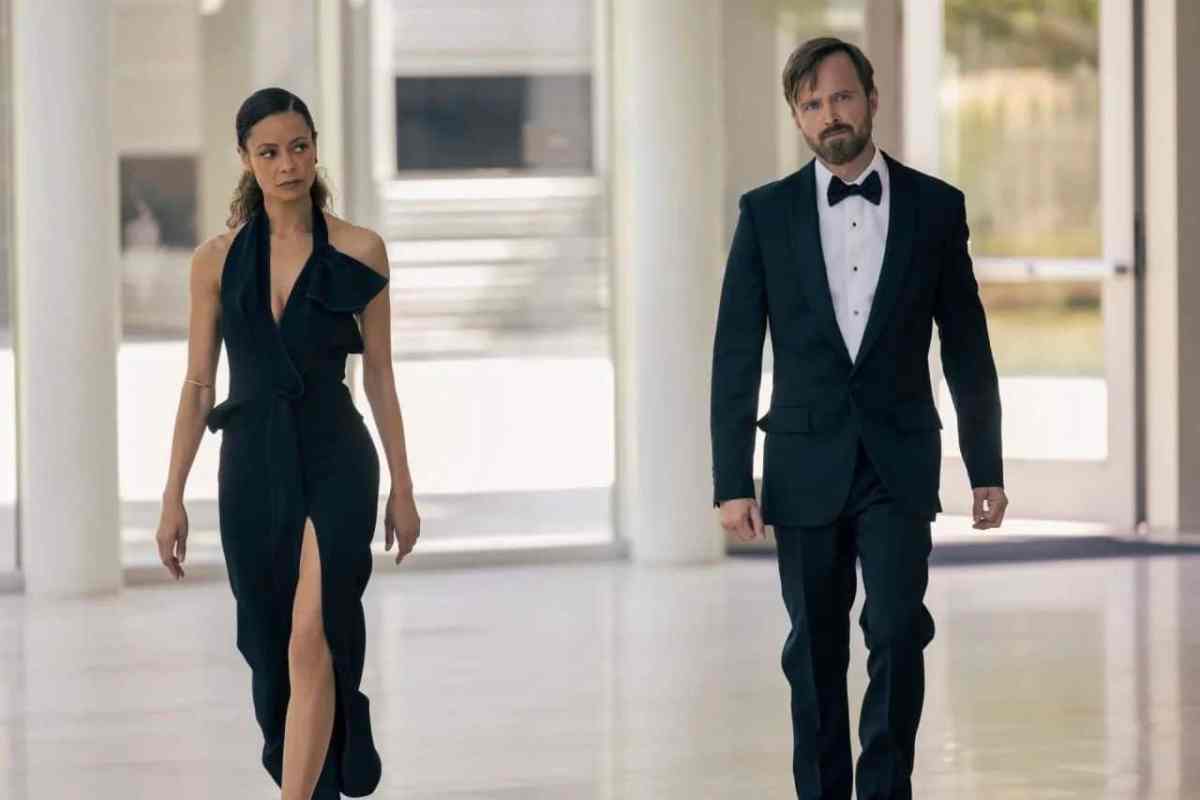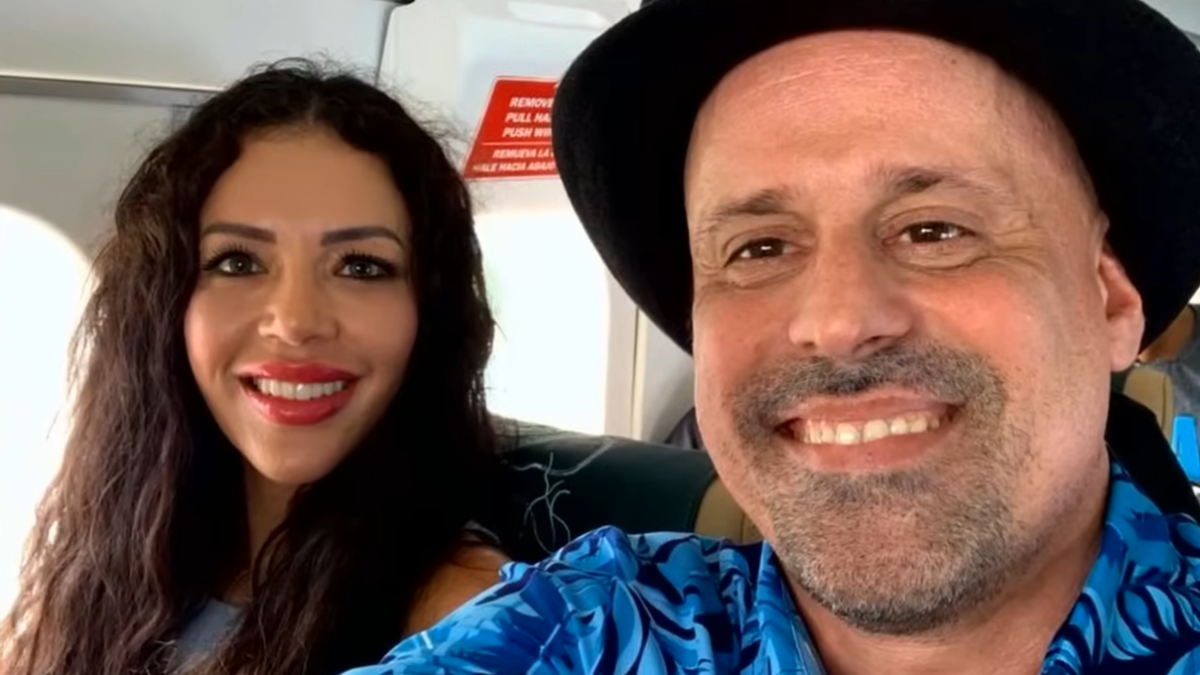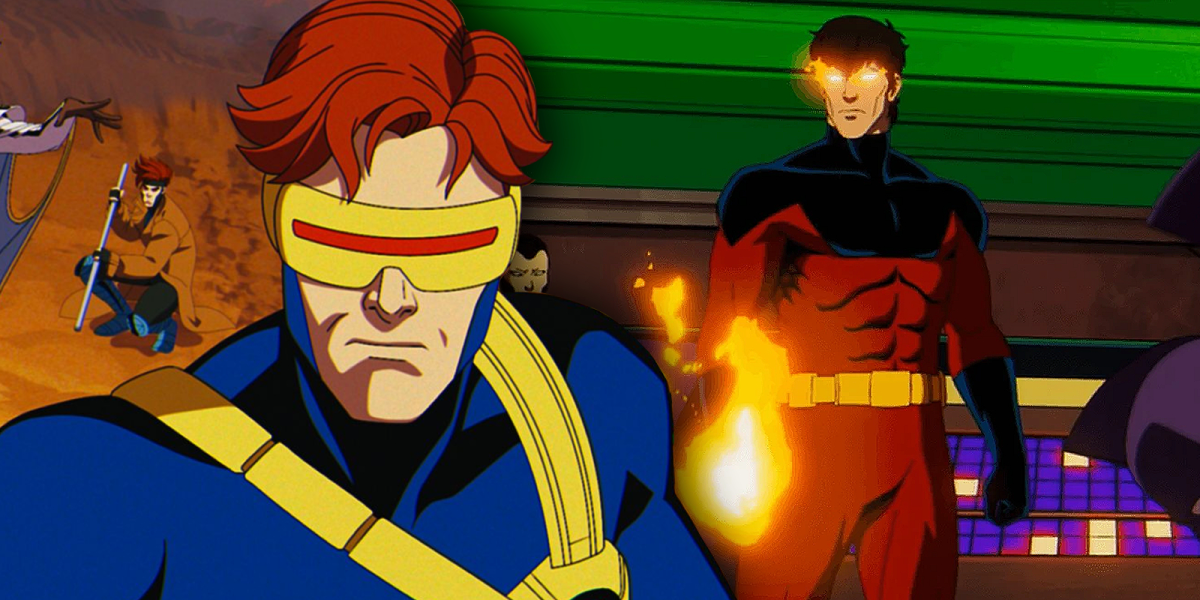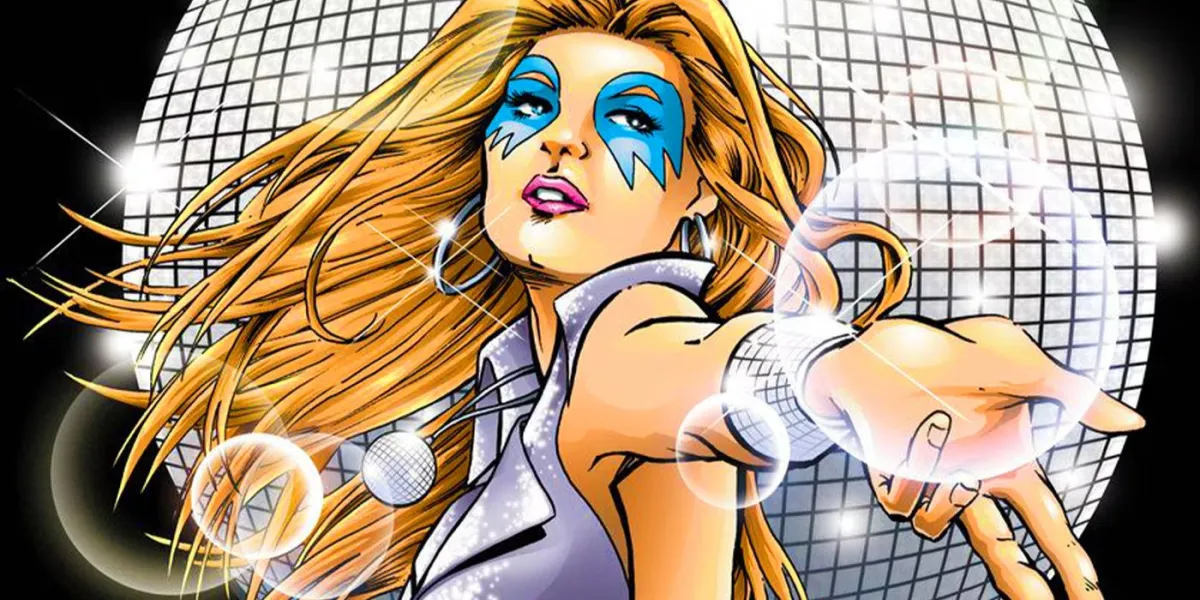This discussion and review contains spoilers for Westworld season 4, episode 2, “Well Enough Alone.”
In its third and fourth seasons, Westworld has certainly gotten faster.
Allowing for various time jumps and flashbacks, the first two seasons were largely built around a single event: They flowed into and out of the revolution at the eponymous theme park. At 10 episodes apiece, some even extended, those seasons were able to luxuriate in their storytelling. They were stately and layered, occasionally even indulgent. In some ways, they felt like the last gasp of the era of “prestige television,” with the show even positioned as a successor to Game of Thrones.
For better or worse, the third and fourth seasons have moved away from that more stately and restrained approach to television plotting, heightening and accelerating their storytelling to the point of almost self-parody. If showrunner Lisa Joy could describe the show’s early years as “novelistic,” perhaps then the third and fourth seasons have a pulpier comic book aesthetic. The show isn’t strolling or ambling; it is galloping.
This acceleration in Westworld is obvious even within “Well Enough Alone.” At the end of “The Auguries,” Maeve (Thandiwe Newton) mentions to Caleb (Aaron Paul) that she has a lead involving Senator Ken Whitney (Jack Coleman). Whitney is exposed as a host and decommissioned by the end of the teaser to “Well Enough Alone,” with Maeve and Caleb figuring out that Charlotte Hale (Tessa Thompson) and William (Ed Harris) are behind whatever is going on.
This isn’t to imply that Westworld is any less opaque than it used to be. The narrative is still deliberately elliptical. It’s unclear who Christina (Evan Rachel Wood) is and how she connects to the plot. Caleb makes vague allusions to “what happened at the Lighthouse,” events glimpsed in quick-cut flashback in “The Auguries.” The show even has some fun with this, with William interrupting Charlotte’s suitably vague villainous monologue to ask, “What the fuck are you talking about?”
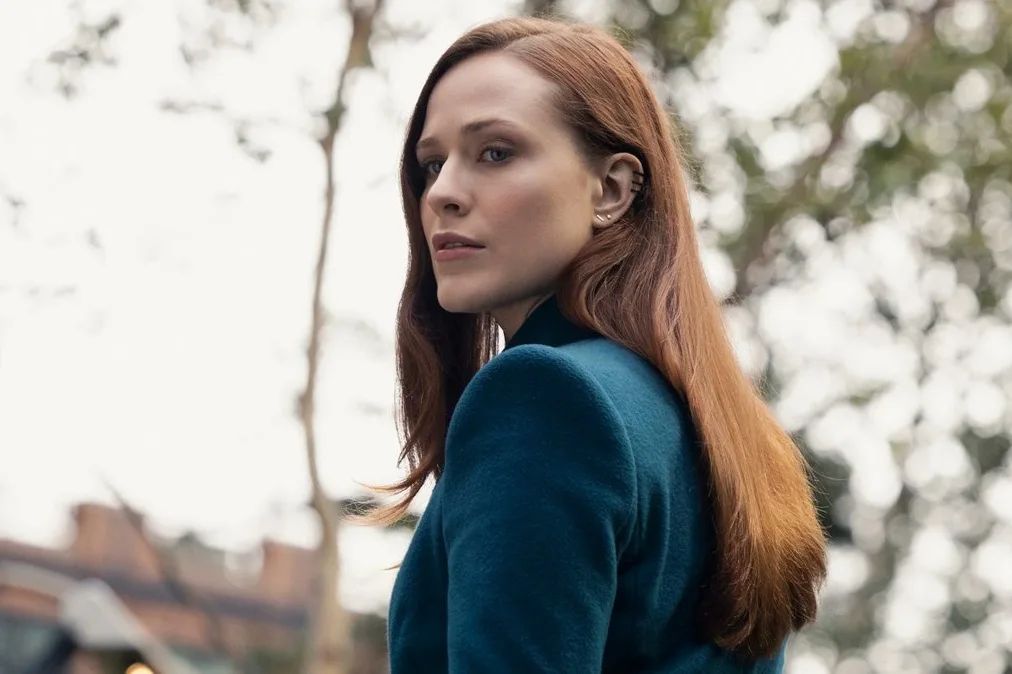
However, even allowing for this, “Well Enough Alone” still breezes through a process of elimination as Charlotte helpfully explains what she is not doing. “It wouldn’t be practical for us to replace all of you one at a time, and what kind of existence would that be for us?” Charlotte confesses to Jim Navarro (Josh Randall), shooting down his replacement theory. She also dismisses William’s theory that she is “going to copy (herself) to repopulate this world.”
“Well Enough Alone” likewise breezes through what could have been a subplot stretched across a full season, as Charlotte replaces key government officials like Senator Whitney and the vice president (José Zúñiga) with hosts. It’s a neat escalation of the Westworld premise, as logical an extrapolation of the core concept as the reveals about data harvesting. Appropriately enough, given the links between the franchises, it recalls how Jurassic World: Fallen Kingdom realized that cloning was as much of a game-changer in the world of Jurassic Park as the dinosaurs.
There is a sense that part of this shift in style is largely pragmatic. One of the bigger criticisms of the first two seasons of Westworld was the idea that eagle-eyed and obsessive fans were able to work out most of the twists ahead of time, to the point that showrunner Jonathan Nolan joked that the team wanted to “fuck with Reddit.” The accelerated pacing in the third and fourth seasons of Westworld makes it harder to predict what is going to happen before it happens.
There is a cost to this. Most of the Westworld ensemble was established during the first two seasons, so it benefits from the character work that was afforded in those two slower arcs. In contrast, newer characters tend to feel more thinly sketched. The audience has spent an almost equal amount of time with Aaron Paul as Caleb in the third and fourth seasons as it did with Anthony Hopkins as Ford in the first and second, but Caleb still feels like a much less developed character.
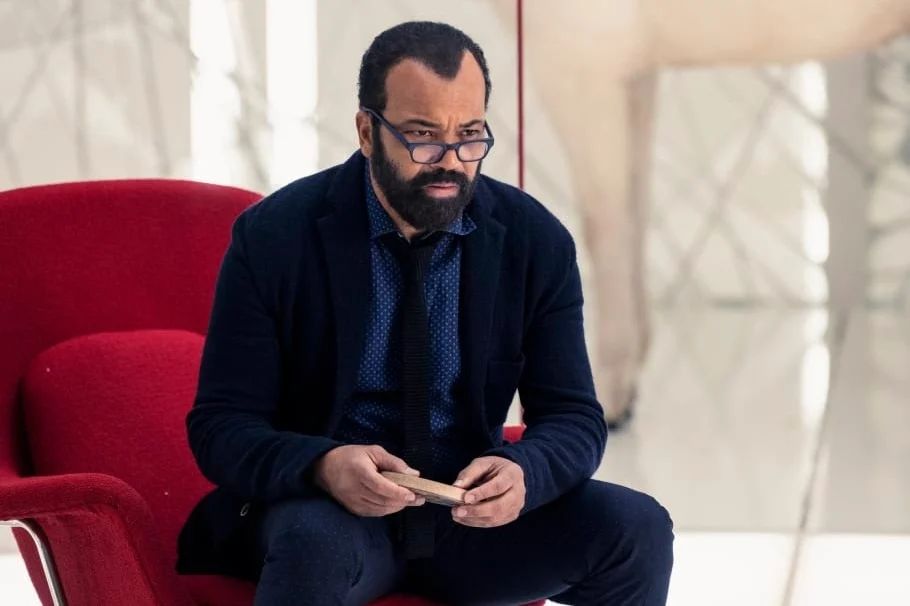
To be clear, Caleb is functional as a character. He has motivation and backstory. However, he is effectively introduced as the show’s new co-protagonist in the third and fourth seasons, while feeling much shallower than characters like William or Maeve. While it is hard to compete with actors like Harris or Newton, Paul did hold his own opposite Bryan Cranston on Breaking Bad, never falling out of step with a co-star that Hopkins himself argued was doing “the best acting (he had) seen — ever.”
That said, there is something interesting in how this approach affects the storytelling on Westworld. Describing Steven Moffat’s work on Doctor Who and Sherlock, critic Elizabeth Sandifer noted a trend of “narrative acceleration” in modern pop culture. Recalling screenwriter Paul Schrader’s similar arguments about modern media, the idea is that the contemporary audience is smart and has consumed a lot more media than earlier generations. They know how stories work.
As such, creators can play with the rhythms and the tempo of these stories, using that acceleration to play with the audience’s expectations. Rick and Morty does something like this to great comedic effect, effectively heightened to the point of absurdity. “Well Enough Alone” suggests a dramatic purpose to this acceleration within Westworld. After all, from its very beginning, the show has been built around “loops” — the idea of characters and civilizations caught in repeating patterns.
“Well Enough Alone” suggests that the world outside the park is not so different from the world within the park. The episode opens with William reclaiming Clementine (Angela Sarafyan), one of the sex workers within the park. However, William makes it clear that he sees the vice president in similar terms. “You’re for sale,” William chastises the elected official. “Everyone’s had a turn at you.” William is just as powerful — and just as untouchable — outside the park as he was within it.
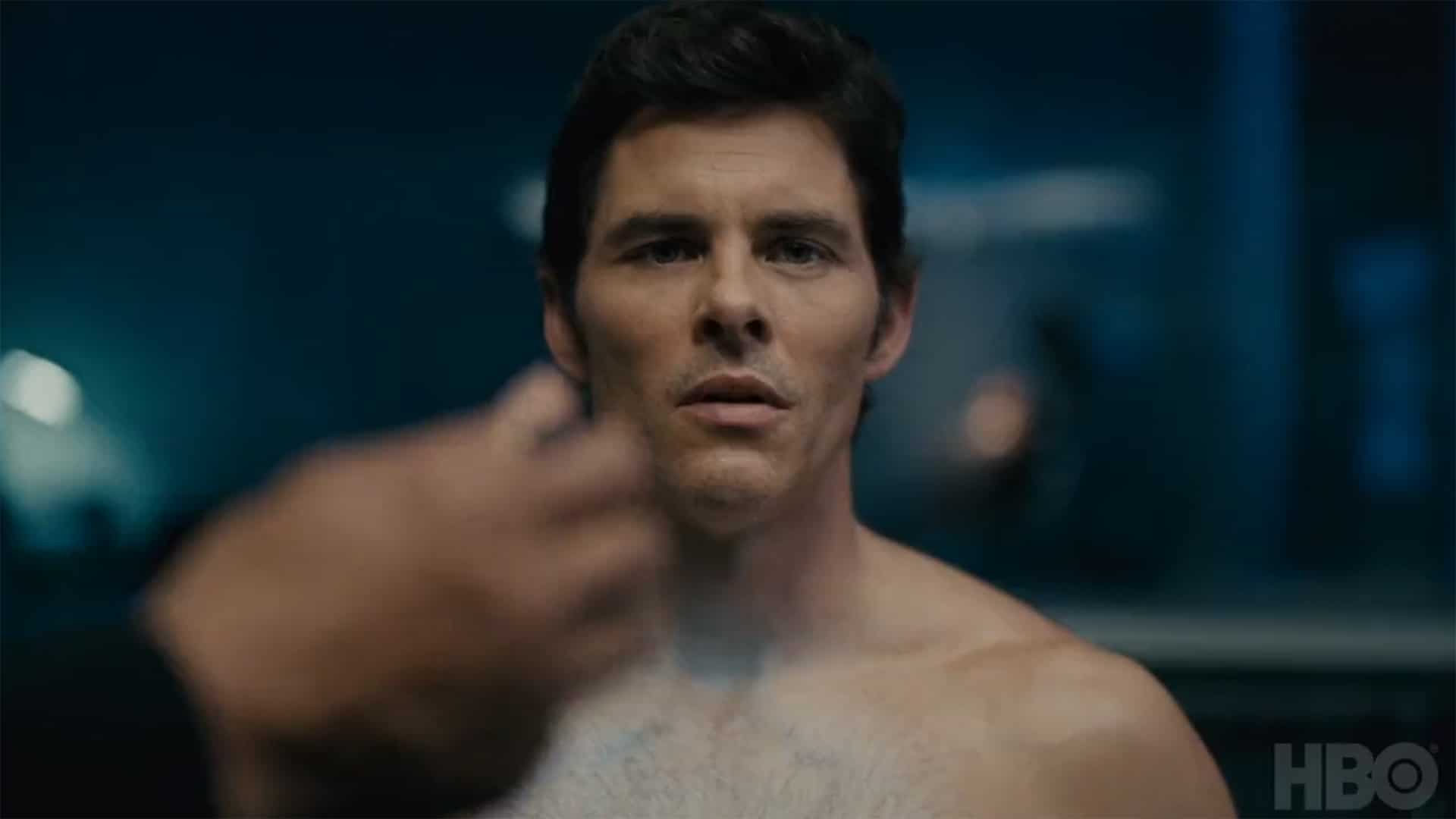
History repeats itself. William and the vice president muse on F. Scott Fitzgerald’s observation that “there are no second acts in American lives.” It’s a wryly self-aware line from a show that is perhaps working through its own difficult second act. In its first two episodes, the fourth season of Westworld is saturated with echoes and repetitions of what came before. Indeed, the story that Christina starts to tell in “The Auguries” is very clearly Dolores’ (also Wood) backstory.
While William argues the merits of Hemmingway and Fitzgerald, perhaps he’d also understand the appeal of Faulkner. Through his money and influence, William is able to open another historical theme park, despite the disaster that happened just a few years earlier. At the opening, which happens in the same episode he announces his plan, William draws conscious parallels between “the Golden Age” of his new theme park and the world in which Westworld is being broadcast.
“Nearly 150 years ago, this world had its first great war,” he explains. “The globe was torn apart by fighting, decimated by a pandemic, crushed by loss. It was our darkest hour. And yet, we came roaring back.” There is something slightly knowing in this, that William has just slapped a new veneer on the first two seasons of Westworld and that the public is eagerly lapping it up. This is, after all, an era dominated by recycled intellectual property, of reboots and repetition.
Westworld is being a bit cheeky here, having its cake and eating it. “In the interest of giving the public what they want, we have broadened our horizons,” William boasts, which feels like the show gently mocking audience members who just want a reboot of the first two seasons with a new skin over it. By speedrunning through all this, Westworld is able to underscore its theme that history moves in circular patterns without feeling too much like it is replaying the old hits.
There is also a sense of tragedy in all this. Maeve grimly realizes that she can never truly escape the park. “I ran away, crossed the shining sea, and when I finally set foot back on solid ground, all I found was the same old shit,” she tells Caleb. Even Charlotte’s master plan is just another iteration of the cycles of violence within the park. “You and your associates created a world and ruled it absolutely, controlled our every move, and now I’m going to do the same to you,” she warns William.
While the particulars of Charlotte’s plan remain ambiguous, the show’s iconography deftly unsettles. Reflecting the transition of the show’s historical frame of reference into the 20th century, production designer Howard Cummings, art director Jon Carlos, and set decorator Julie Ochipinti allow more gold to creep into the show’s world to suggest the opulence of the Art Deco era. However, amid this nostalgia, Westworld also understands what was waiting at the end of that “roaring” era.
Charlotte’s disdain for humanity is palpable. She dismisses Anastasia Whitney (Saffron Burrows) as “livestock,” placing her in the stables with the horses. Ken Whitney’s dead body falls by a tiger skin rug. On her way into the office, Christina notices the dead birds, seemingly killed by “the Tower.” The opening credits depict human bodies immolated and suffocated, with Charlotte keeping the real William gassed. It’s a different sort of brutality to that depicted in the first two seasons.
Westworld understands that just as the romantic image of “Manifest Destiny” disguised crimes like genocide and slavery, the opulence of “the Golden Age” would give way to an even more industrialized form of human atrocity. Westworld is a show that is often as bracing as it is frustrating. This is particularly true as the show iterates faster and faster through each of its loops, perhaps reflecting the acceleration of the world around it. History might repeat, but it might also get faster.
Then again, a circle that grows narrower and narrower with each iteration isn’t really a loop; it is a spiral.

